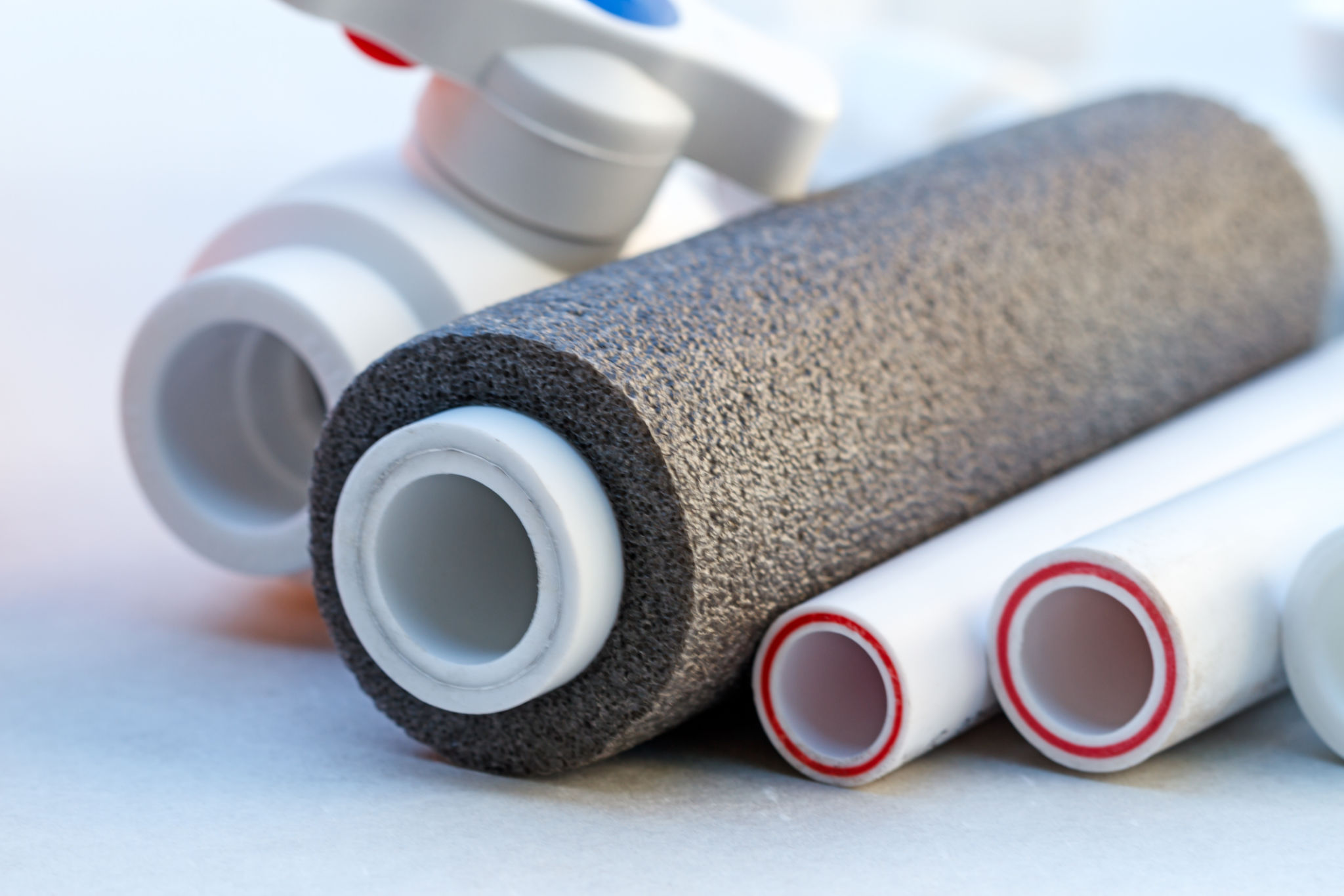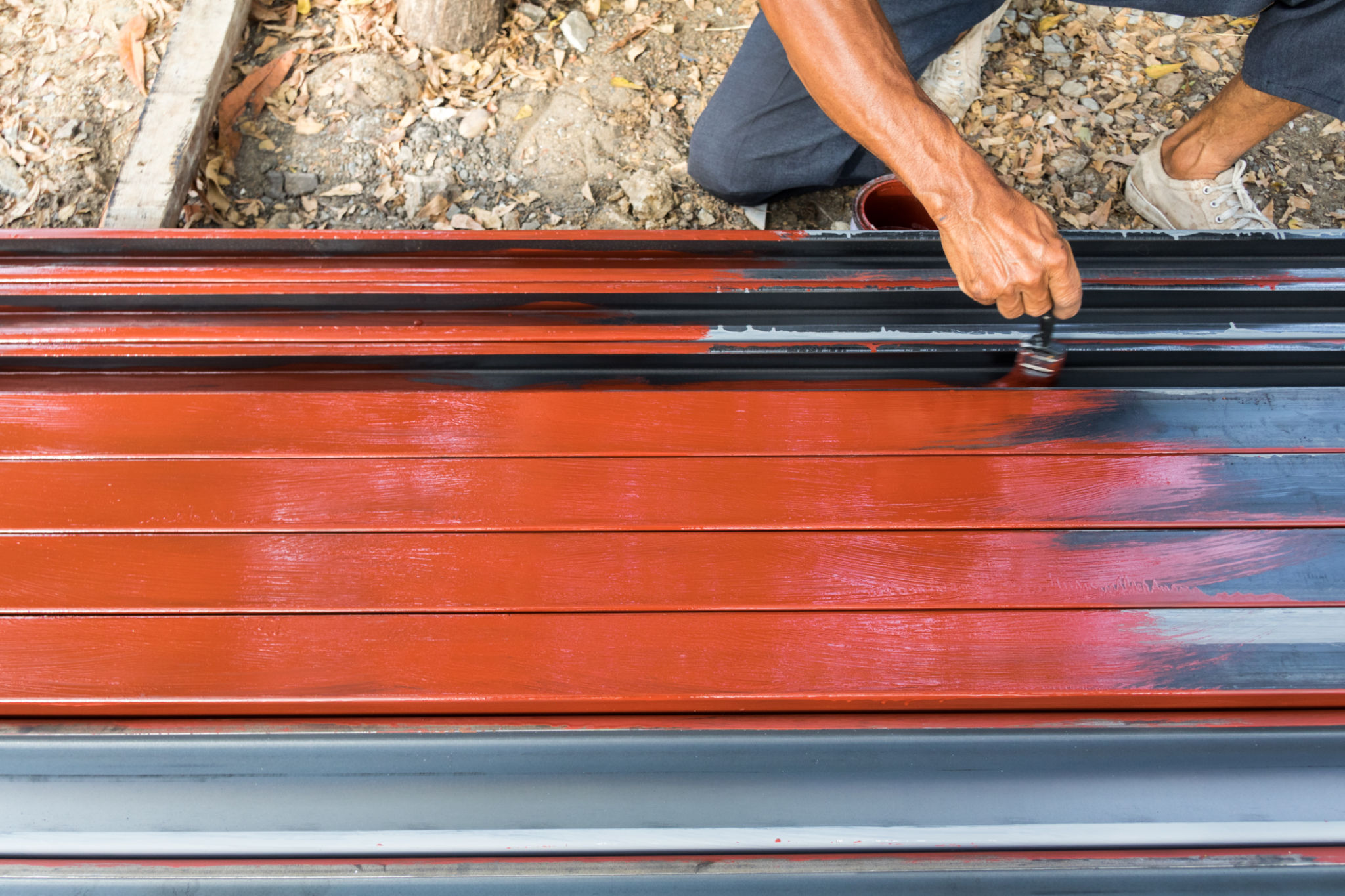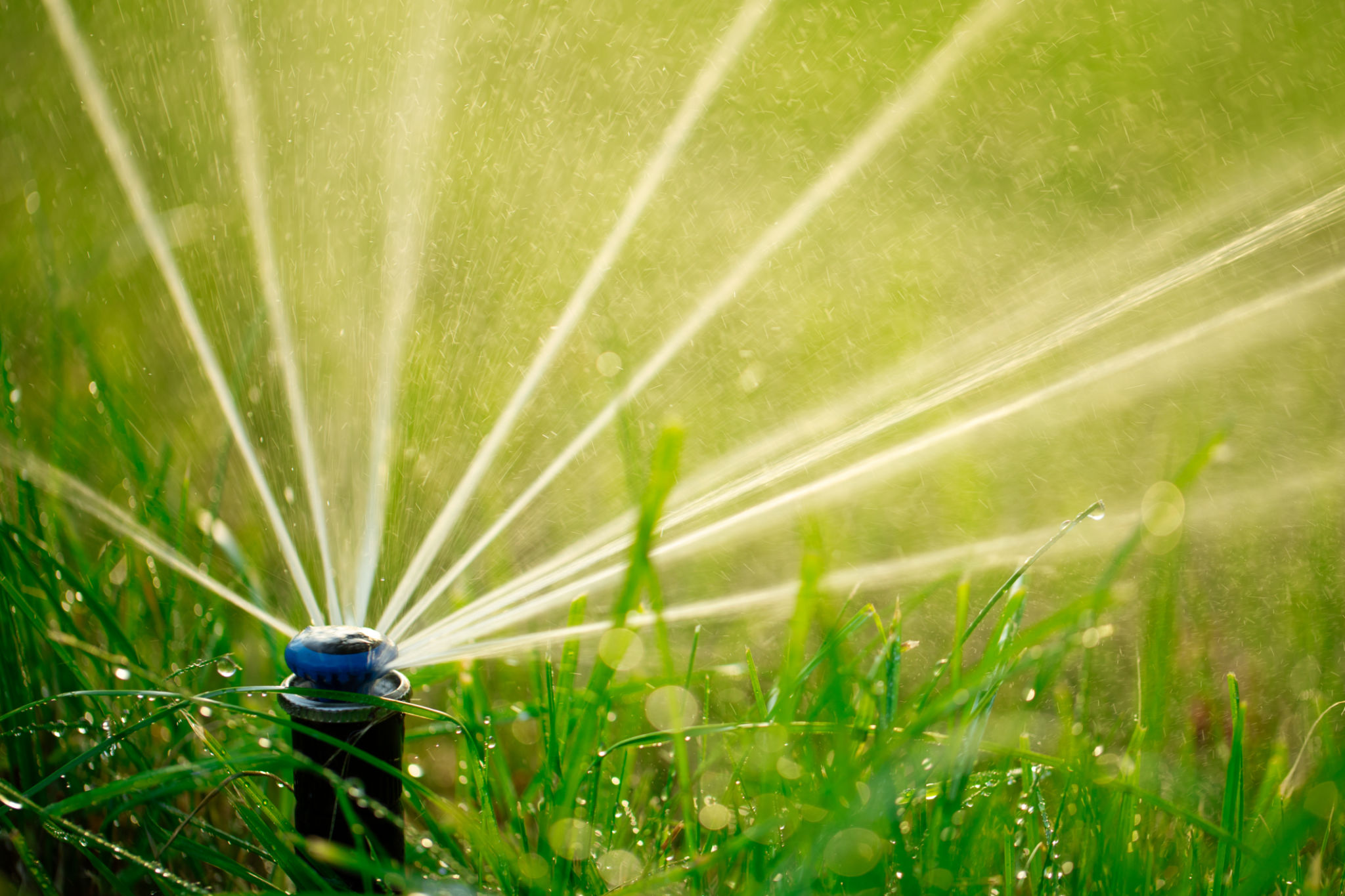The Advantages of Polyethylene Pipes: A Deep Dive into Their Benefits and Applications
Understanding Polyethylene Pipes
Polyethylene pipes have become a popular choice across various industries due to their versatility and robust characteristics. These pipes are made from polyethylene, a thermoplastic polymer known for its flexibility, durability, and chemical resistance. They are used extensively in applications ranging from gas distribution to water supply and sewage systems.
One of the primary reasons for the widespread adoption of polyethylene pipes is their ability to withstand harsh environmental conditions. Unlike traditional piping materials, polyethylene pipes do not corrode, making them ideal for underground installations and areas with high moisture levels.

Durability and Longevity
Polyethylene pipes are renowned for their long lifespan. They can last for several decades without requiring significant maintenance, due to their resistance to cracking, abrasion, and chemical exposure. This durability translates into cost savings for businesses and municipalities, as it reduces the frequency of replacements and repairs.
Additionally, their flexibility allows polyethylene pipes to handle stress and ground movement effectively. This characteristic is especially beneficial in areas prone to earthquakes or soil erosion, where rigid materials might fail.
Resistance to Corrosion
A significant advantage of polyethylene pipes over traditional metal pipes is their resistance to corrosion. Metal pipes can rust and deteriorate over time, especially when exposed to certain chemicals or saline environments. In contrast, polyethylene does not react with most chemicals, making these pipes a safer and more reliable choice for transporting a wide range of substances.

Cost-Effectiveness
The initial investment in polyethylene pipes may be higher than some other materials, but their long-term cost-effectiveness is undeniable. The reduced need for repairs and maintenance means that over time, polyethylene pipes become a more economical option.
Furthermore, the lightweight nature of polyethylene pipes makes them easier to transport and install, reducing labor costs significantly. Their ease of installation also minimizes downtime during construction or maintenance projects.
Environmental Benefits
In addition to their economic advantages, polyethylene pipes offer several environmental benefits. They are recyclable and can be reprocessed into new products, reducing waste in landfills. Their production also has a lower environmental impact compared to some other piping materials.

Moreover, the leak-free nature of polyethylene pipes helps conserve water resources by preventing wastage through leaks, which is critical in regions facing water scarcity. This efficiency contributes positively towards sustainable resource management.
Applications Across Industries
Polyethylene pipes are employed across numerous industries thanks to their adaptable properties. In the agricultural sector, they are used for irrigation systems due to their ability to withstand various weather conditions and chemicals used in farming.
In municipal applications, they serve as reliable conduits for drinking water and sewage systems. Their flexibility and strength make them suitable for long-distance water transport without the risk of contamination or leakage.

In conclusion, polyethylene pipes offer a multitude of benefits that make them an excellent choice for various applications. Their durability, cost-effectiveness, environmental advantages, and resistance to harsh conditions ensure that they remain a leading option in piping solutions worldwide.